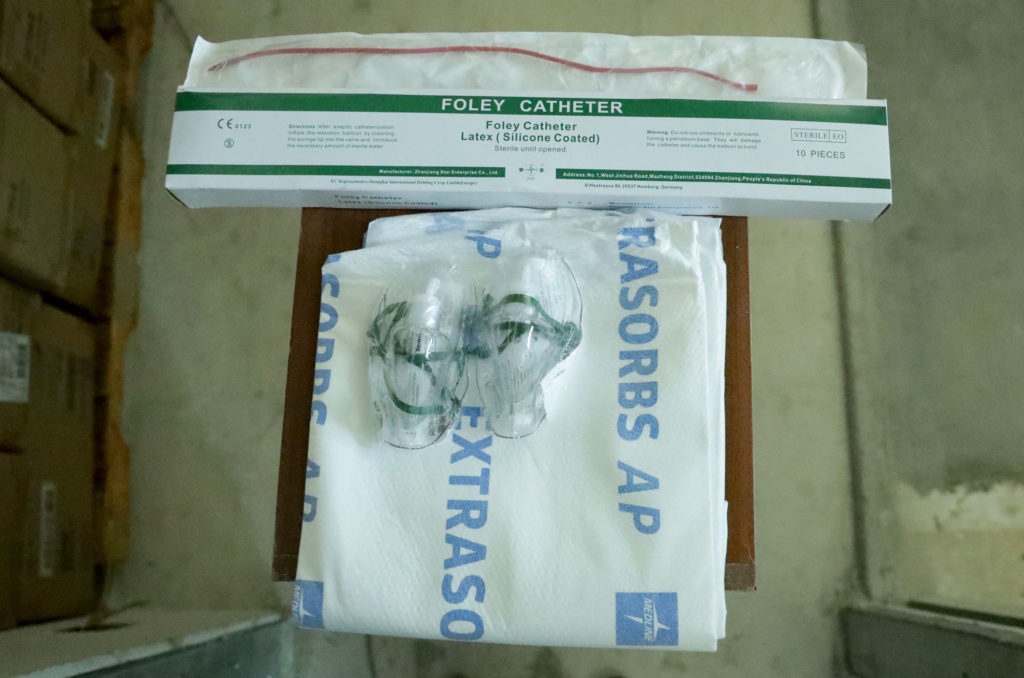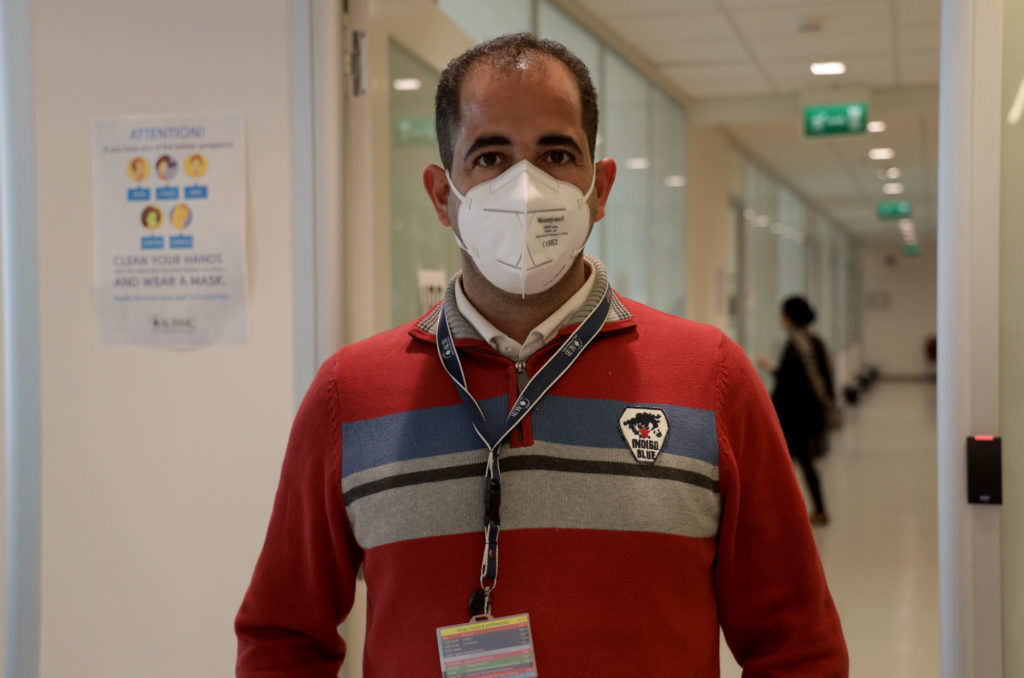Mar, 2021
Economic crisis and lingering Beirut blast wounds threaten medical care
Humanitarian aid is usually directed at the most vulnerable and exploited communities in society. However, in Lebanon today, the dire economic situation has impacted even more privileged groups and institutions. The currency crisis is creating serious challenges for healthcare in the country.
“Companies that import medical supplies have enforced rationing, which has in turn obliged hospitals and clinics to postpone non-emergency services, and this is alarming,” says Lina Atat, Anera’s medical donations program coordinator in Lebanon.
Atat adds that, “Health facilities are already suffering from medical supplies shortages due to financial constraints. And so donations have become central to the continued operability of healthcare institutions.”
The August 4th explosion at Beirut’s port shook the country, resulting in 220 dead, 6,500 injured and 300,000 displaced. It also caused significant losses to the country’s hospitals. The entire health sector was devastated.
More than seven months after the blast, many of the thousands of people wounded on that day continue to require treatment. Yet hospitals are now finding it difficult to acquire basic medical equipment. There are shortages of all sorts of equipment, and particularly wound care supplies. The multitude of injured persons overwhelmed the existing medical supplies.
Anera has responded to this shortage by coordinating a donation by Project C.U.R.E., an international non-profit dedicated to supplying developing countries with necessary medical equipment and supplies. Airlink generously covered the cost of air transit for the shipment. Through local partnerships, for the last seven months Anera has distributed vital medical supplies to healthcare facilities damaged in the port explosion, helping these institutions to quickly restore their healthcare services.


The American University Hospital Medical Center (AUBMC) was among the hospitals that were badly damaged by the blast. The university hospital — affiliated with the American University of Beirut, founded in the 19th century by American Protestant missionaries — is a hub for advanced medical and clinical services in Lebanon. AUBMC was put under exceptional operational strain by the explosion but continued to function, treating COVID-19 patients on one side, and patients injured in the blast on the other.
Despite its prominence, AUBMC too has been unable to obtain adequate quantities of basic medical supplies for its patients and staff. Ashraf Saleh is the warehouse manager at AUBMC. He says their “need for PPE materials as masks, clothes and gloves has increased, since these materials are unavailable and expensive as they’re sold at the black market exchange rate.”
The donation by Project C.U.R.E. of items like gauze, bandaids, catheter kits and other supplies has been crucial for supplying AUBMC with equipment for intensive care and emergency.
Saleh says the donated shipment, “has provided us with large quantities of medical supplies and wound care materials of high quality. We use it for the most critical cases in the intensive care and resuscitation units.”
Saleh says,
“We receive between 60 and 70 patients in the emergency room on a daily basis. We would like to thank Anera and Project C.U.R.E. for their support by providing essential supplies of oxygen masks, rubber bands and catheters.”




